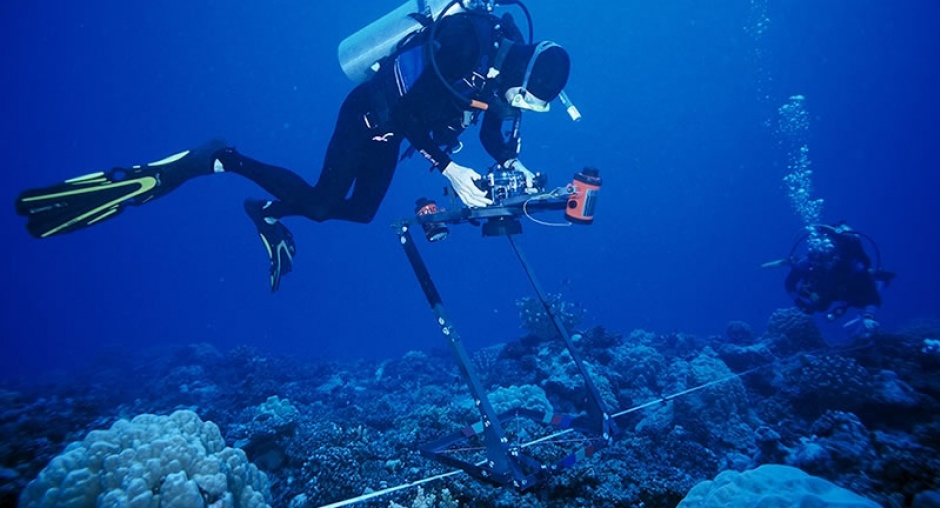
The LTER site at Moorea is an interdisciplinary, decadal- and landscape-scale program that will provide understanding of the processes that modulate ecosystem function, shape community structure and diversity, and determine abundance and dynamics of constituent populations. This will provide insight into the response of coral reefs to a variety of perturbations that operate across different spatial and temporal scales. The results will create the capacity to forecast the response of coral reefs to environmental conditions, thereby creating a tool to aid in the development of management strategies. To achieve this vision, we are: documenting long-term (decadal length and longer) trends in reef biota and abiotic forcing functions, undertaking observations and experiments to explore processes and events affecting the reef structure, function and dynamics, and developing a suite of quantitative models to synthesize and generalize results. Our framework stresses integration across the levels of biological organization, building from the sub-organismal to the ecosystem levels.
Documenting Long-Term Trends
The documentation of long-term trends is designed to meet the needs for comparative analysis within the LTER system, to provide a contextual basis for process-oriented studies and provide parameter values for analytic models. Depending on the taxon or process under investigation, the scale and scope of our long-term time series program encompasses a variable number of sites, zones, depths, or frequencies of sampling. The most spatially inclusive sampling includes three habitat types [2 fore reef depths, back reef, fringing reef] at two localities on each of the three shores of Moorea. Regional scale properties (e.g., sea-surface temperature, subsurface Chl a concentration, regional surface currents) are estimated by remote sensing using information collected by existing satellite sensors. Data on reef biota are collected within quadrats or along fixed transects, and include aspects of: ecosystem function (e.g., primary productivity), community-level attributes (e.g., trophic structure, diversity), population-level characteristics (e.g., abundance, dynamics), and individual-based characteristics (e.g., demography, functional metrics). In addition to local weather data, MCR Researchers record levels of other abiotic factors that are known to affect coral reefs and reef organisms. These other factors include many related to the process generally referred to as ocean acidification.
Process-Oriented Studies
Process-oriented studies (e.g., short and long term experiments) are needed to understand the causes and consequences of change in attributes of the coral reef ecosystem. These projects shed light on the key processes that modulate ecosystem structure and function, shape community structure and diversity, and determine abundance and dynamics of constituent populations.
In the early stages of the Moorea Coral Reef LTER Program, process-oriented studies explored:
• The biological basis for variation in ecological performance of corals
• Population dynamics of corals, coral reef fishes, algae and herbivores
• Food web and nutrient dynamics, including trophodynamics and complex indirect biotic interactions among corals, zooplankton and zooplanktivores
• Maintenance and functional consequence of biodiversity.
Currently, process-based studies are focused on two major themes:
• Understanding the causes and consequences of reef resilience
• Determining how forecasted changes in global climate and ocean acidification may influence the structure and function of future coral reef ecosystems
Modeling and Synthesis
Science themes in the Moorea Coral Reef LTER Program are supported by oceanographic and ecological modeling. The oceanographic models characterize the physical forcing and population transport in the system, and the ecological models describe biological processes occurring on the reefs. Models also help integrate the results of the individual empirical studies, guide the design of future empirical work, and relate findings to other coral reef systems as well as to other non-tropical systems (e.g., other LTER sites). To see descriptions of our modeling projects and resulting publications click here.



